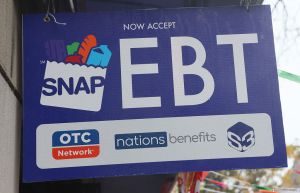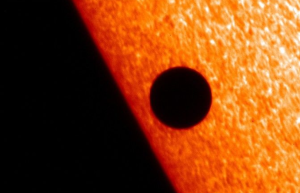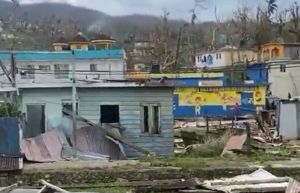White smoke poured from the roof of the Sistine Chapel on Wednesday and the bells of St. Peter's Basilica pealed, signaling that cardinals had chosen a new pope to lead the troubled Roman Catholic Church after only five ballots.
The decision by 115 cardinal electors came sooner than many faithful expected because of the large number of possible frontrunners identified before the vote to replace Pope Benedict, who resigned in February.
The name of the new leader of the world's 1.2 billion Roman Catholics was expected to be announced in around half an hour from the central balcony of St. Peter's Basilica.
The secret conclave began on Tuesday night with a first ballot in the Renaissance splendor of the chapel and four ballots were held on Wednesday. The white smoke indicated the new pontiff had obtained the required two thirds majority in the fifth ballot.
Following a split ballot when they were first shut away amid the chapel's Renaissance splendor on Tuesday evening, the cardinal electors held a first full day of deliberations on Wednesday. Black smoke rose after the morning session to signal no decision.
Cheers arose from hundreds of people sheltering from incessant rain under a sea of umbrellas in St. Peter's Square as the white smoke billowed from the narrow chimney.
The cardinals had faced a tough task in finding a leader capable of overcoming crises caused by priestly child abuse and a leak of secret papal documents that uncovered corruption and rivalry inside the Church government or Curia.
The wave of problems are thought to have contributed to Pope Benedict's decision to become the first pontiff in 600 years to resign.
The last four popes were all elected within two or three days.
Seven ballots have been required on average over the last nine conclaves. Benedict was clear frontrunner in 2005 and elected after only four ballots.
The cardinals were shut inside for the secret election under Michelangelo's luminous frescos on Tuesday after a day of religious pomp and prayer to prepare for the task.
The initial inconclusive vote about two hours later was seen as a way of filtering the choice down to frontrunners for discussions among the supporters of the various candidates.
No hint emerged before the pope was chosen. The Vatican had taken precautions, including electronic jamming devices, to prevent any leaks from inside the conclave.
The new pope will take up a burden that Benedict declared in February was beyond his physical capabilities.
Apart from an child abuse scandals and the "Vatileaks" case, the Church has been shaken by rivalry from other churches, the advance of secularism, especially in its European heartland, and problems in the running the Vatican bank.
The former head of the Archdiocese of Los Angeles, Cardinal Roger Mahony, is attending the conclave despite calls for him to stay away because of a sex abuse case that led to his censure by his successor Archbishop Jose Gomez in January. He was stripped of all public and administrative duties as punishment.
On Tuesday, lawyers for the victims in four sex abuse cases said the diocese, Mahony and an ex-priest had agreed to pay nearly $10 million to settle. Mahony was accused of helping a confessed pedophile priest escape prosecution.
CARDINAL FRONTRUNNERS
Frontrunners at the conclave included Brazilian Odilo Scherer - who would be the first non-European pope since Syrian-born Gregory III, nearly 1,300 years ago - and Italy's Angelo Scola, who would return the papacy to traditional Italian hands after 35 years of the German Benedict XVI and Polish John Paul II.
In preparatory meetings before the conclave, the cardinals seemed divided between those who believe the new pontiff must be a strong manager to get the dysfunctional bureaucracy under control and others who are looking more for a proven pastoral figure to revitalize their faith across the globe.
Milan Archbishop Scola, who has managed two big Italian dioceses without being part of the Vatican's central administration, could be well-placed to understand the Curia's Byzantine politics and introduce swift reform.
Scherer is said to be the Curia's favored candidate and would satisfy those who want a non-European, reflecting the future of a Church shifting towards the developing world.
A host of other candidates from numerous nations have also been mentioned as potential popes - including U.S. cardinals Timothy Dolan and Sean O'Malley, Canada's Marc Ouellet and Argentina's Leonardo Sandri.
All the prelates meeting in the Sistine Chapel were appointed by either Benedict XVI or John Paul II, and the next pontiff will almost certainly pursue their fierce defense of traditional moral teachings.
© Reuters All rights reserved.








